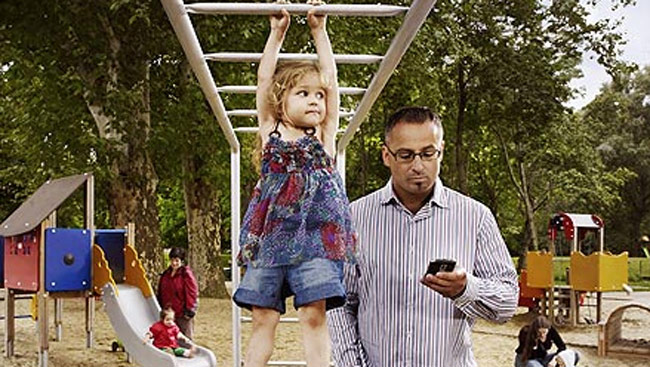Having even a single drink at age 14 can make you a binge drinker, a research warns.
In a first, researchers have developed a model that can help predict - with about 70 percent accuracy - which teenager will become a binge drinker.
Some of the best predictors include variables like personality, sensation-seeking traits, lack of conscientiousness, and a family history of drug use.
Having even a single drink at age 14 was also a powerful predictor.
"Our goal was to develop a model to better understand the roles of brain structure and function, personality, environmental influences and genetics in the development of adolescent abuse of alcohol," explained Robert Whelan, a lecturer at the University College Dublin in Ireland.
This risk profile of genes, brain function and environmental influences can help in predicting binge drinking at age 16, he noted.
To reach this conclusion, Whelan and his team conducted 10 hours of comprehensive assessments on each of 2,400, 14-year-old adolescents at eight different sites across Europe.
This study followed kids and identified those who developed a pattern of binge-drinking.
The new study aimed to predict those who went on to drink heavily at age 16 using data collected at age 14.
They identified brain networks that predisposed some teenagers to higher-risk behaviours like experimentation with drugs and alcohol.
"The final model was very broad -- it suggests that a wide mixture of reasons underlie teenage drinking," suggested senior study author Hugh Garavan, an associate professor of psychiatry at the University of Vermont in the US.
In addition, the study found those teenagers who had experienced several stressful life events were among those at greater risk for binge-drinking.
The study appeared online in the journal Nature.





